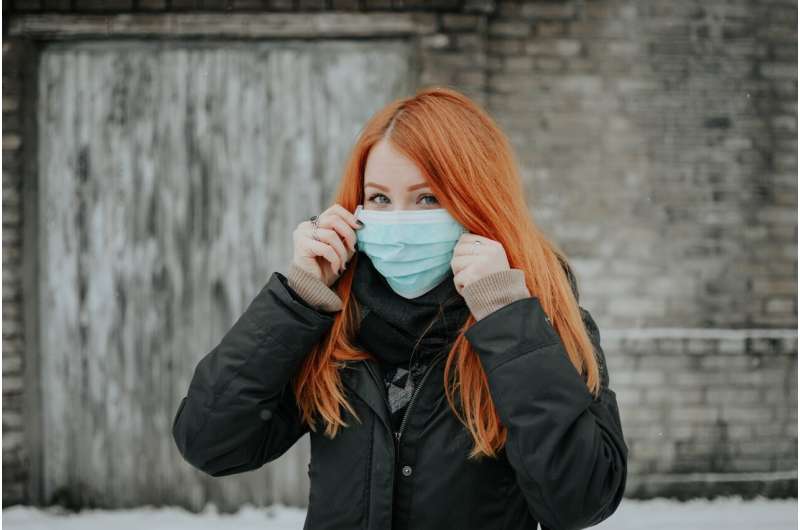Want to help with COVID-19 research? If you tested positive, share your genetic makeup with DNA testing sites

DNA testing companies like Ancestry.com and 23andMe are using their expertise in the fight against COVID-19. Ancestry.com's study is available only to its members, but 23andMe is asking past and present COVID-19 patients (customers or not) to take part in a study that will contribute to ongoing research on the new coronavirus.
23andMe asked existing customers in April if they would allow their DNA sample to be used for research aimed at determining if there are genetic factors affecting immune response to the virus. Then the company opened the study to include non-23andMe customers who had been hospitalized with COVID-19.
According to Adam Auton, principal scientist at 23andMe and lead researcher on the study, the testing company is hoping research will offer insight into differences in risk among individuals, and help academic and scientific communities in their efforts to treat the illness.
"When the pandemic was getting going, we here at 23andMe were beginning to think through what could we do to really try and help and contribute to the science and understanding of this disease," he said. "Given that we have a very large cohort of people who have had their genomes genotyped, we really felt that we might be able to make an impact on the question of why do some people get very, very sick with a COVID infection whereas other people may have not even noticed that they had an infection at all? And given our expertise in genetics, we wanted to ask the question to what extent genetics plays a role in those outcomes."
Auton said the response has been a positive one. He said hundreds of thousands of people already have completed the survey to participate in the genome study, and of those, over 9,000 individuals said they have tested positive for COVID-19. Auton is hoping more participants join the study to get a wider spectrum of coronavirus experiences. To join, individuals have to be over 18, live in the United States, be willing to provide a saliva sample for analyzing different parts of your genome, be willing to complete online study surveys, must have tested positive for COVID-19 and must have been hospitalized due to COVID-19 symptoms. Those who qualify will receive the 23andMe Health + Ancestry Service at no cost.
Edgewater resident Judy Schneider, 75, did a 23andMe kit almost 10 years ago. Having rebounded from a COVID-19 diagnosis in March, she was excited to hear about the 23andMe study.
"I would participate because I'm interested from the point of view that I have asthma and my mother had asthma," she said. "I'm concerned about being reinfected, so I would participate."
Ashantis Jones, 26, of Lakeview, did a 23andMe kit with her family two Christmases ago. But she said she wouldn't add her genome information to the COVID-19 study.
"There's a cultural implication especially around people of color because we've been tested on since America has become America," she said. "So there is a historical context, too, so no. You're not just going to take my stuff and test. It just starts to get a little bit too Big Brother."
Auton says 23andMe wants to be as transparent as possible with the study, so the study's protocols are overseen by a third-party ethical review board.
"I think it's super important to emphasize that all of the research that we do is entirely opt-in," Auton said. "They can withdraw their consent at any point, and we will stop using their data. We really are very conscious of this. ... Frankly, we know we couldn't do this research without our participants, so we're just extremely grateful to those that have chosen to participate."
Preliminary data shows a variant in the ABO gene (which is associated with blood type) linked to a lower risk, when comparing research participants who reported that they tested positive for COVID-19 with those who tested negative. Auton said data collection will continue through the summer.
"We know that genetics is important when determining outcomes across essentially all human diseases, so your genome may have some information in it that confers risks for certain diseases or protection for other diseases," Auton said. "Given that COVID-19 is so new in our lives, I think we just don't know at this stage whether genetics has a really big role to play in determining these outcomes or whether it has a small role. And if we can establish that it has a role, it may be informative about the developments of potential therapies for people who do have these kinds of severe outcomes."
©2020 Chicago Tribune
Distributed by Tribune Content Agency, LLC.


















